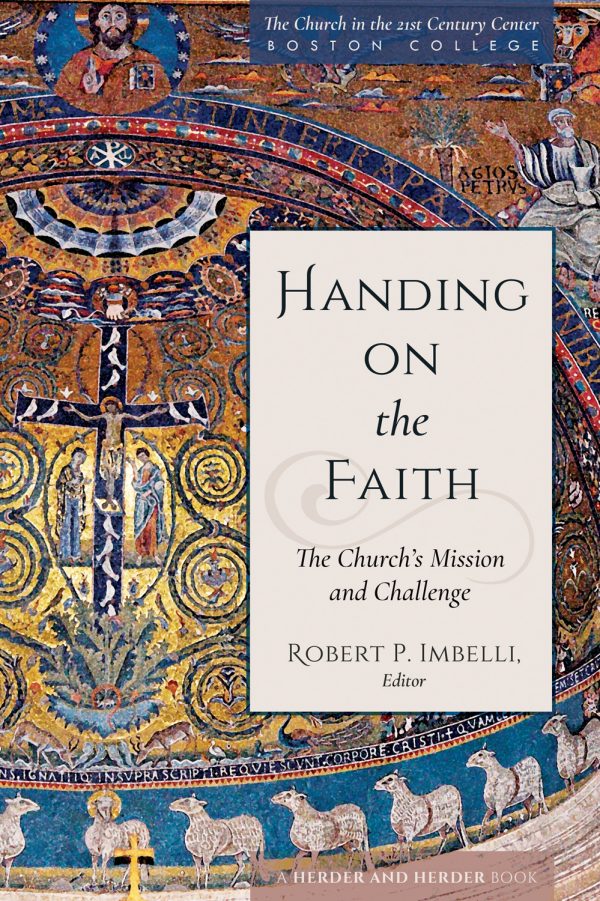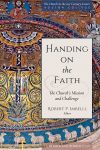Robert P. Imbelli (Author)
Robert P. Imbelli, a priest of the Archdiocese of New York, studied in Rome during the years of the Second Vatican Council and was ordained there in 1965. After parish ministry in New York, he obtained his Ph.D. in Systematic Theology from Yale University. He has taught theology at the New York Archdiocesan Seminary and at the Maryknoll School of Theology; and has been visiting lecturer at Princeton Theological Seminary and Fordham University. From 1986 to 1993 Father Imbelli was Director of the Institute of Religious Education and Pastoral Ministry at Boston College and is currently Associate Professor of Theology at Boston College.


